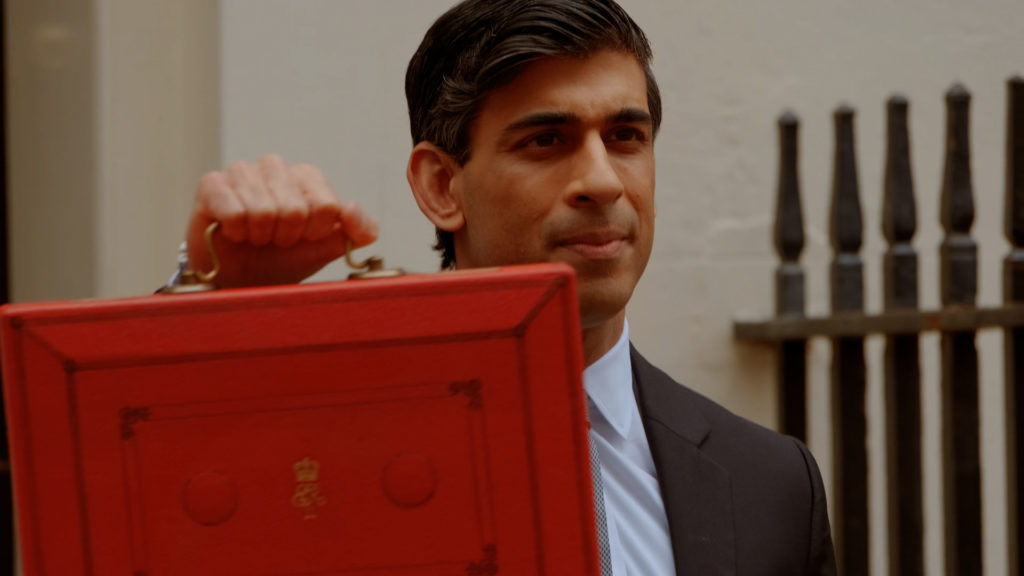The £20 a week uplift in Universal Credit introduced in April 2020 will end today.
The top-up was intended as a temporary measure to help people on low incomes during the pandemic, but many have urged the government not to scrap it.
The exact date the money will stop being paid will vary depending on the day people usually receive the payment, but as the scheme is scrapped as from today, from next Wednesday (October 13) no payments will be received that include the £20 a week increase.
The benefit is currency claimed by over 5.8 million people in England, Scotland and Wales, almost 40% of whom are in employment.


The government has argued that higher wages, rather than welfare increases, are a better option.
However, the prime minister’s comments in a BBC interview on Sunday in which he claimed wages were rising sparked backlash.
Deputy Labour leader Angela Rayner said via Twitter: “Boris Johnson said that wages are rising. That is a lie, real wages are falling. The average worker is over £1,000 worse off today than they were in 2010 and the government’s own figures show it.”
Anti-poverty charity the Joseph Rowntree Foundation has said the cut makes a “mockery” of the government’s “mission to level up”, and has estimated that it will leave 5.5 million families across the United Kingdom are £1,040-a-year worse off.
Citizens Advice has warned the decision is a “recipe for disaster” ahead of winter.
The Labour Party’s official Twitter account posted yesterday afternoon: ”The Tories are about to take £1,000 a year from six million households across Britain.
That isn’t fair.
Labour is demanding the Government cancels the cut to Universal Credit.”
Political activist Femi Oluwole also criticised the cut via Twitter, saying: “Boris Johnson defends cutting £20 from Universal Credit by saying the answer is for businesses to pay people more.
“Earlier this year British Gas blackmailed its employees into lower pay via Fire & Rehire and Boris Johnson’s response was to do a promo photoshoot with British Gas.”
These cuts come amidst rising food and energy costs ahead of the winter months.
Prime minister Boris Johnson is scheduled to deliver his first in-person conference speech since the 2019 general election later today.
He is expected to promise that his government will show more “guts” than any before as it tackles ongoing social and economic issues and will pledge to transition the workforce towards high-wage, high-skill employment.









